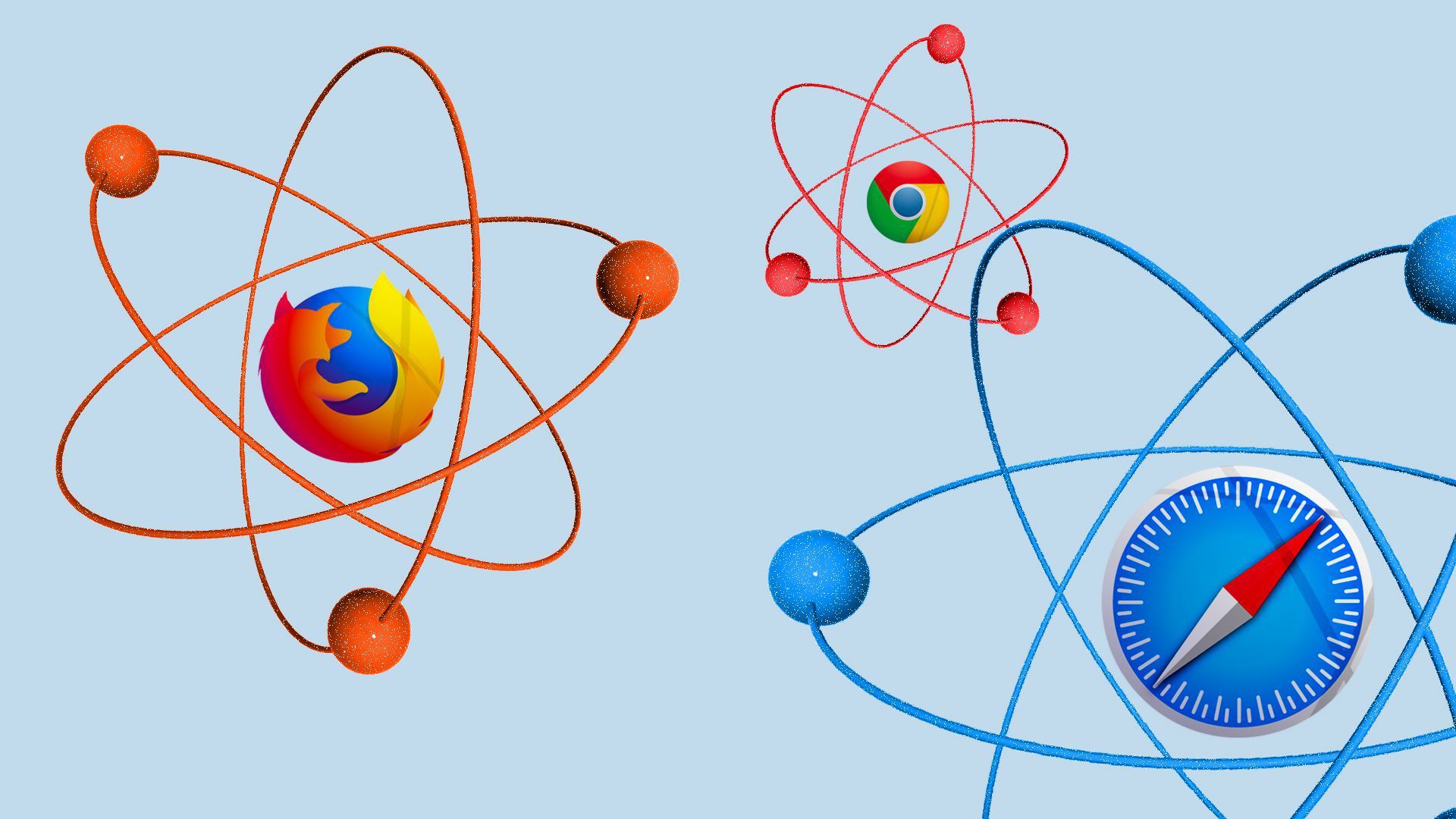
Scientists in Chicago are trying to create the embryo of the first quantum internet.
Why it matters: If they succeed, the researchers will produce one, 30-mile piece of a far more secure communications system with the power of fast quantum computing.
The key was the realization of an unused, 30-mile-long fiber optic link connecting three Chicago-area research institutions — Argonne National Lab, Fermi Lab and the University of Chicago.
- This led to the idea to combine efforts and use the link for what they call the Chicago Quantum Exchange.
David Awschalom, an Argonne scientist and University of Chicago professor who is the project's principal investigator, tells Axios that the concept is difficult to grasp, even for experts.
- “One of the other unusual properties of quantum matter is that you’re unable to ascertain the state of the information until you look at it, and the act of looking changes it," Awschalom said.
- "So while that might seem a liability, it’s an asset for secure communications. Because if I send you a message, you would like to be confident that no one has eavesdropped on the message I’ve sent you."
The details: Data won't travel across the 30-mile distance.
- Instead, quantum mechanics will "teleport" it instantaneously, with two particles linked despite being located in different places — a property known as quantum entanglement.
- When they are entangled, whatever happens to one particle happens to the other, even when they are separated by many miles.
What they're saying: Prineha Narang, a Harvard researcher who studies quantum materials and isn't involved in the project, says it's a promising effort to provide real-world proof of techniques that have only been studied in labs. ...

